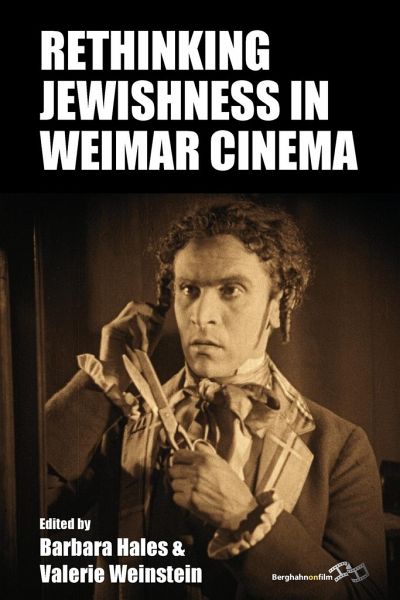
Rethinking Jewishness in Weimar Cinema

PAYBACK Punkte
22 °P sammeln!
The burgeoning film industry in the Weimar Republic was, among other things, a major site of German-Jewish experience, one that provided a sphere for Jewish "outsiders" to shape mainstream culture. The chapters collected in this volume deploy new historical, theoretical, and methodological approaches to understanding the significant involvement of German Jews in Weimar cinema. Reflecting upon different conceptions of Jewishness - as religion, ethnicity, social role, cultural code, or text - these studies offer a wide-ranging exploration of an often overlooked aspect of German film history.



